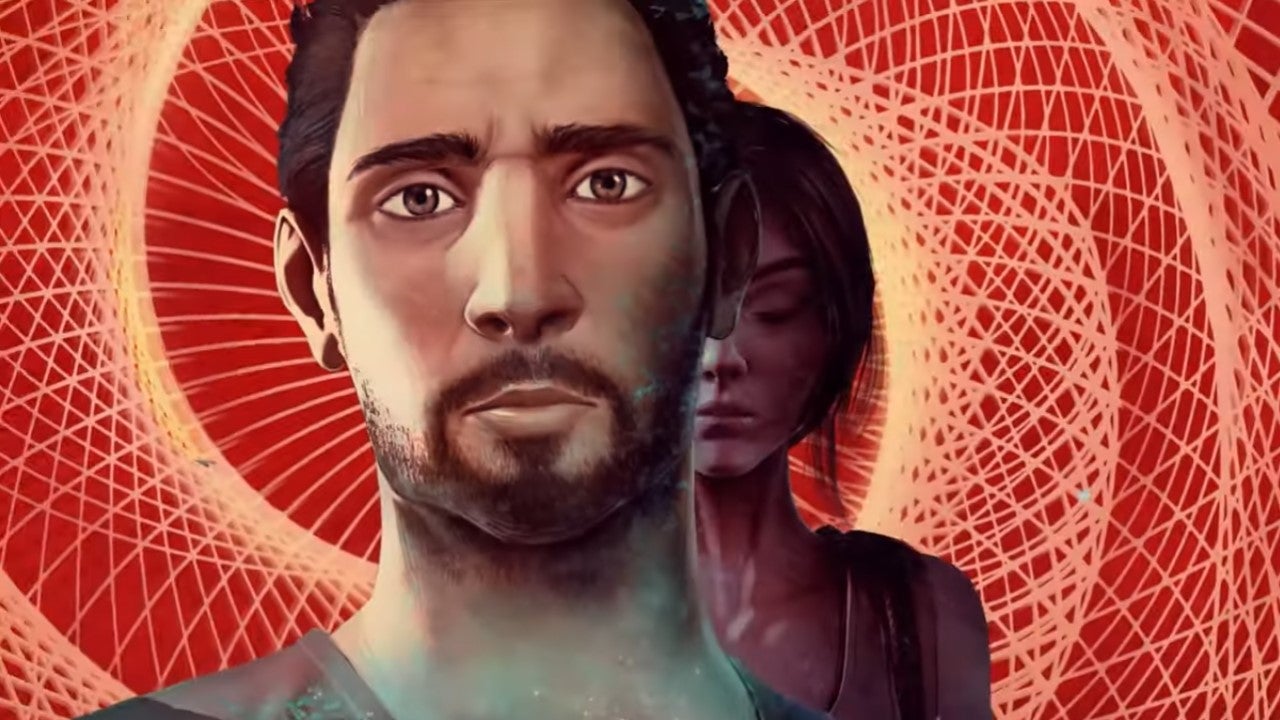
I know almost nothing about Alfred Hitchcock. He’s the kind of archetypal director whose work I’ve been exposed to in bits and pieces without ever actually sitting down to watch one of his films in full. All of that is to say that, upon starting Alfred Hitchcock - Vertigo the game, I was in no position to judge whether it was a faithful adaptation of the film or to recognize all but the most obvious illusions to Hitchcock’s body of work (look, birds!). That’s okay, though, because as it turns out, Vertigo is an original story based on a collage of Hitchcockian concepts, not a direct adaption of the 1958 film by the same name.
Vertigo the game follows author Ed Miller as he grapples with a debilitating case of vertigo–a condition that leaves him unable to stand as the world appears to spin around him–and paralyzing guilt over the death of his daughter and her mother, Faye, after their car falls off a bridge into a ravine below. With Ed bed ridden, it’s up to Dr. Julia Lomas, psychologist and psychiatrist, and Sheriff Nick Reyes to unravel the mystery of what really happened, and whether Faye and his daughter even exist. My thoughts on how Vertigo goes about telling this story are... complicated.
from Rock, Paper, Shotgun https://ift.tt/3emKLO5
via ifttt
Keine Kommentare:
Kommentar veröffentlichen